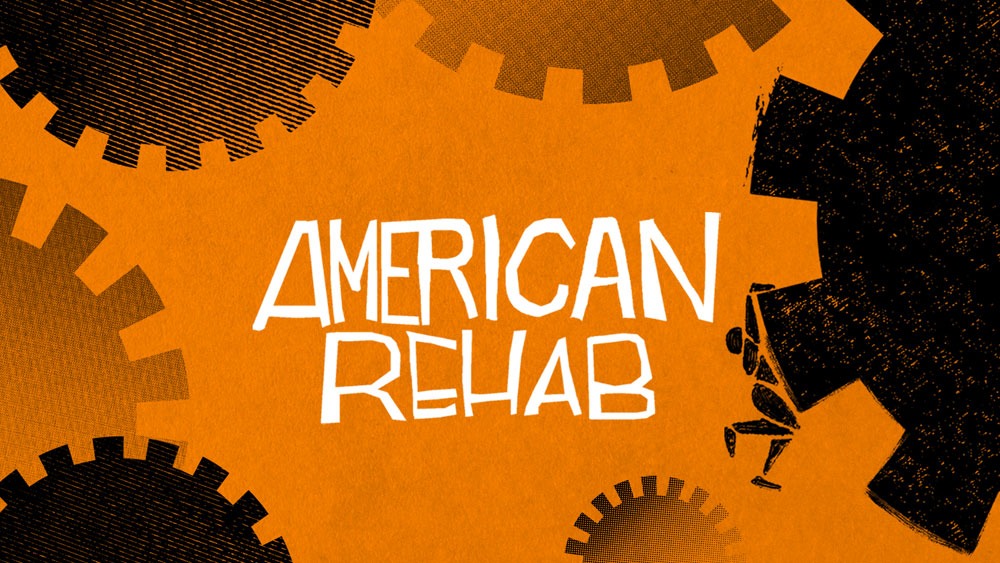
May/June 2020; Mother Jones
For the last month or so, the Center for Investigative Reporting’s Reveal podcast has been running a series called American Rehab. It’s a useful and fascinating teaching tool for those who care about how social history, organizational culture, and program models can blend into a toxic mix that spreads easily and can persist for, in this case, half a century.
As part of what some call the nonprofit industrial complex, it’s our job to deconstruct these narratives underlying familiar modes of social service. In too many cases, the justifications upon which current program models are based come from deeply problematic narratives that reinforce our extractive economic system and its workhorse, systemic racism.
This series, now in its seventh episode, traces the history of the development of a particular model of substance abuse treatment that has come under scrutiny. This practice dates to the Sixties and a program called Synanon, located in Marin County, California. That program was succeeded by others of the same ilk with one of these being Cenikor, which persists to this day. These programs supported themselves on the unpaid labor of their residents—in other words, the residents were contracted out by the nonprofit where they were or are being “treated,” oftentimes under court order and as a coerced alternative to jail, but receiving no formal pay from the workplace.
Sign up for our free newsletters
Subscribe to NPQ's newsletters to have our top stories delivered directly to your inbox.
By signing up, you agree to our privacy policy and terms of use, and to receive messages from NPQ and our partners.
For organizational development heads, the description of a perverse and authoritarian leadership culture mixed with a program that imposed divisive behavior on residents is fascinating and epitomized in “the Game,” a program activity aimed at stripping others of their defenses and dignity. These activities were, of course, influenced by other bizarre psychological experiments of the time, and this, then brings in the aspect of popular cultural characteristics of the founding era being carried through in programming.
One of the programmatic descendants of Synanon is the iconic San Francisco-based Delancey Street Foundation. It works on the same model, including the savior leader, unpaid work, “the Game,” and court referrals. It also has no evaluations but plenty of political support. Here is how Mother Jones describes that:
Pelosi has likened [Delancey Street chair and CEO] Silbert to Mother Teresa and recently called her “the queen of redemption in all of America.” Sen. Dianne Feinstein once urged ”anyone, anywhere in the United States that has an interest in replicating a program to rehabilitate American drug addicts that works to go to San Francisco, to call Mimi Silbert.” California Gov. Gavin Newsom became close with Silbert during his own efforts to get sober more than a decade ago. “I never went to rehab,” he told the San Francisco Chronicle. “I went to Mimi.”
The series is based on an extraordinary collection of interviews mixed with other reporting, and it describes in some detail the tenets of a program that grew out of a confused set of self-serving and politically useful narratives that led right into the War on Drugs, among a number of other destructive government policies. The entire series can be heard here.—Ruth McCambridge













